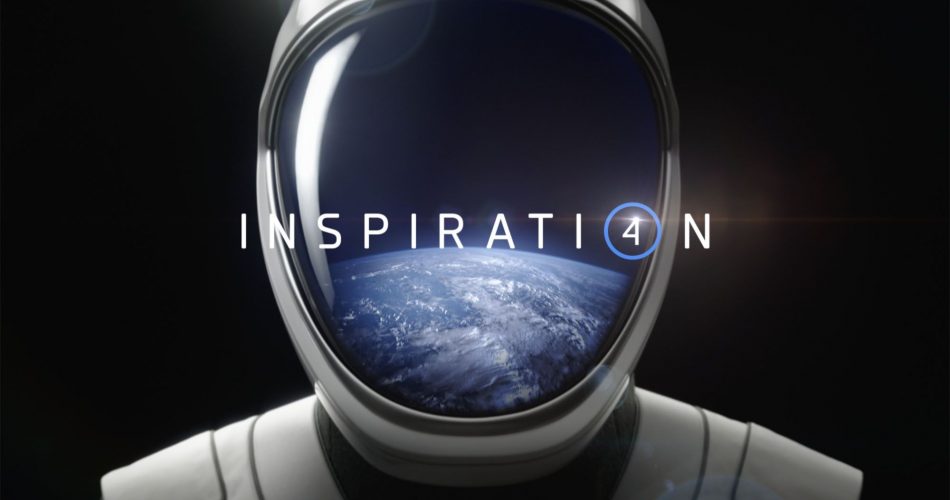The malfunctioning toilet triggered an alarm
After nearly three days in space, SpaceX’s Inspiration4 crew may prefer the toilets on Earth since the all-civilian SpaceX mission, which launched on Sept. 15, 2021, and successfully splashed down on Sept. 18, 2021, went off without a hitch except for a toilet issue. However, the Crew Dragon wasn’t in danger, but the onboard toilet was.
Life in space isn’t easy, especially going to the bathroom. On Earth, it is a breeze, but in space, the problem is that there’s no feeling of gravity. There’s no guarantee that what comes out will go where it’s supposed to because waste may go in every possible direction. Therefore, space toilets have fans inside them, which are used to create suction: they pull waste out of the human body and keep it stored away.
Nevertheless, this time the Crew Dragon’s “waste management system” fans were experiencing mechanical problems. That is what caused the alarm.
During their three-day stay in orbit, the passengers on the Inspiration4 mission had to work with SpaceX to resolve the issue, and they encountered many communications blackouts, underscoring the necessity of the crew’s extensive training.
“I would say probably somewhere around 10% of our time on orbit we had no [communication with the ground], and we were a very calm, cool crew during that,” said Jared Isaacman, the mission’s commander, “mental toughness and a good frame of mind and a good attitude” were crucial to the mission, he added.
“The psychological aspect is one area where you can’t compromise because…there were obviously circumstances that happened up there where if you had somebody that didn’t have that mental toughness and started to react poorly, that really could’ve brought down the whole mission”, Isaacman said.
Biological realities will always exist, and when it came to discussing the “toilet scenario”, Isaacman, like many other astronauts before him, was bashful.
“Nobody really wants to get into the gory details”, Isaacman said. But when the Inspiration4 crew talked to some NASA astronauts, they said, “using the bathroom in space is hard, and you’ve got to be very kind to one another”.
Despite the onboard bathroom concerns, there were no accidents or embarrassments.
However, at the outset of human spaceflight half a century ago, figuring out how to safely face physical needs in space was a basic challenge, not without mistakes.
According to once-secret government records, on Day Six of the 1969 Apollo 10 mission, which involved Thomas Stafford, John Young, and Eugene Cernan circumnavigating the moon, Stafford reported to mission control that a piece of waste was floating through the cabin.
“Give me a napkin, quick”, Stafford is recorded as saying a few minutes before Cernan said: “Here’s another goddamn turd”.
A NASA report later showed that the excrement-collecting method at the time was a simple plastic bag “taped to the buttocks.”
“The fecal bag system was marginally functional and was described as very ‘distasteful’ by the crew”, an official NASA report from 2007 later revealed. “The bags provided no odor control in the small capsule, and the odor was prominent”.
As journalist Mary Roach, author of “Packing for Mars,” told NPR in 2010, in-space toilets have changed since then, thanks to hard efforts from NASA scientists.
“The problem here is you’ve got this very elaborate space toilet, and you need to test it. Well, you’ve got to, you know, haul it over to Ellington Field, board it onto a zero-gravity simulator, a plane that does these elaborate up-and-down arcs, and then you’ve got to find some poor volunteer from the Waste System Management Office to test it. And I don’t know about you, but, I mean, to do it on demand in 20 seconds, now that is asking a lot of your colon. So it’s very elaborate and tricky”.
“The simple act of urination can, without gravity, become a medical emergency requiring catheterization and embarrassing radio consults with flight surgeons”, she wrote. It can be difficult to know when one needs to pee since urine behaves differently in different parts of the bladder without or with different gravity.
Despite everything, Isaacman said he has zero regrets about his decision to spend roughly $200 million on a three-day spaceflight.
Source cnn.com

